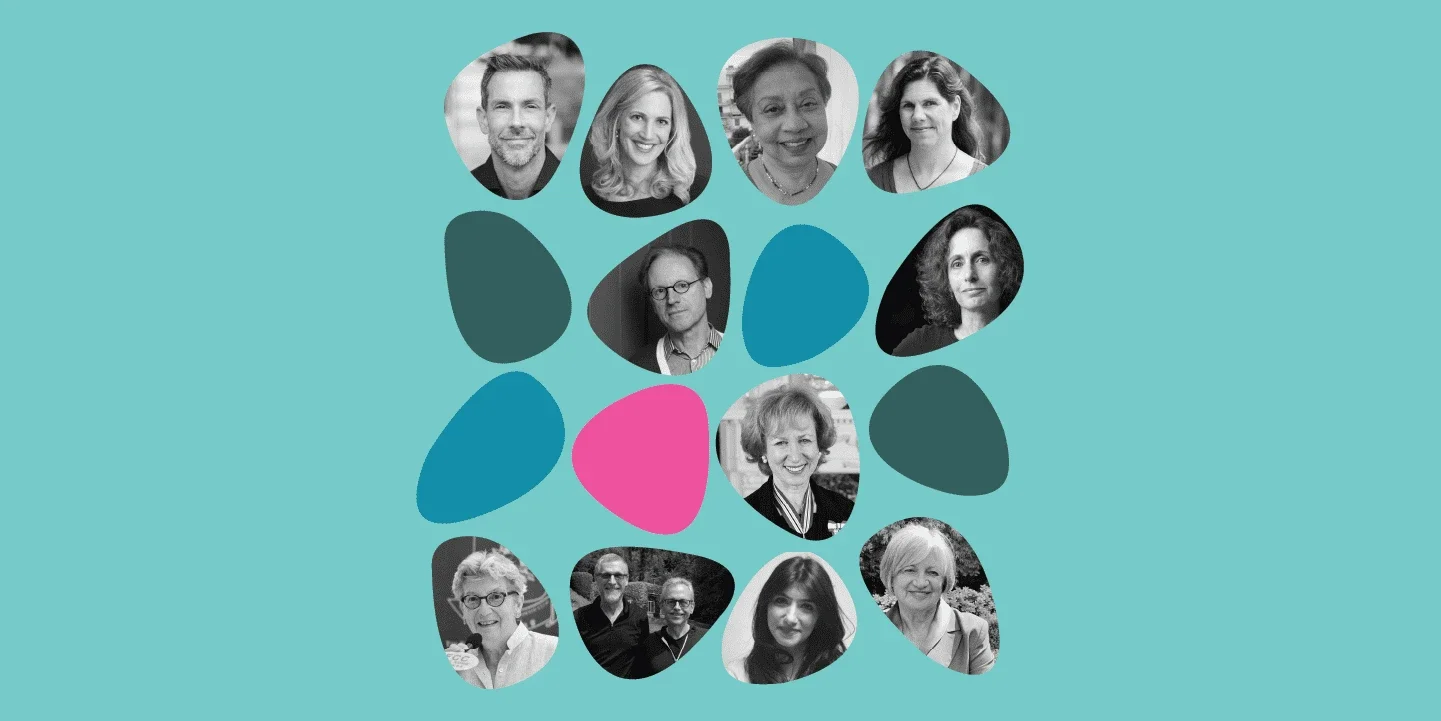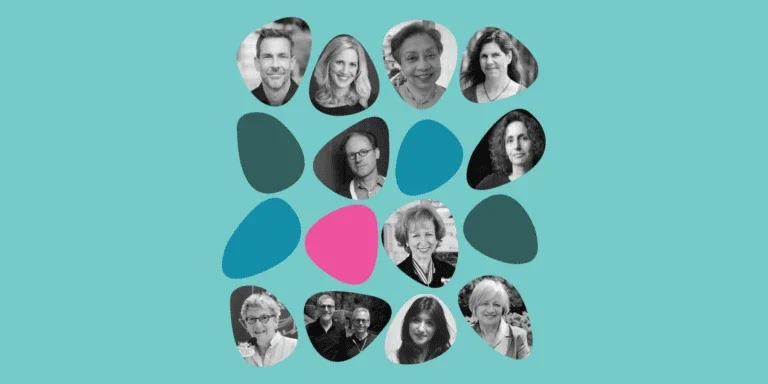For me, the link between climate extremes and their impacts on people is the biggest gap in data that exists today.
Debarati Guha-Sapir
What breakthroughs need to happen for us to both avoid the worst impacts of climate change and prepare communities to adapt to the new challenges that will arise?
We need accessible global data resources. It’s impossible to turn data into information if it’s caught inside highly specialized silos. MERGE intends to transform and harmonize these silos into an accessible platform allowing for two things: first, straightforward analysis, simple enough that even high school students all over the world could use it; and second, access to more sophisticated datasets, so specialists can do fancy analyses and make fancy models.
It’s important that all of this work engages young adults and appeals to their imagination – our work cannot stay in the ivory towers. It must have an extremely pragmatic lens. Teenagers and young adults are very feet-on-the-ground people – they’re not theorizing like us – so we have to build that bridge and engage this community in our target group.
We must also focus on what climate extremes mean to people on the ground. What does it mean to households? What does it mean to families? We must address that. We can’t stay in the realm of stratospheric models. We need to do something that has meaning for the people in places like Laos, Vietnam, or Mozambique. Otherwise we will not change anything.
We must also focus on what climate extremes mean to people on the ground. What does it mean to households? What does it mean to families? We must address that. We can’t stay in the realm of stratospheric models.
Debarati Guha-Sapir
What keeps you up at night about achieving these goals? What makes you optimistic?
I sleep very well. I have the good fortune of solid backing from my data partners, like the Max Planck Institute, so I’m not fearful that I’m going to ride away into the horizon and look behind me and suddenly find nobody’s following. I’m a scientist and the scientific part I feel confident in. But I am more worried about the organizational structure of MERGE. I have very little experience in that part of the project. How can an initiative like MERGE maintain its independence? We cannot be subject to government or political pressure for the numbers we supply. Autonomy is the only criteria for credibility in the long run.
But I am optimistic that if we are pragmatic enough in the products we produce – products from a reputable global consortium that say, “This is the pattern in Southeast Asia or eastern Africa” – and we put that out in the cybersphere, it is bound to have an impact. People will not be able to ignore it in a way they could have 15 years ago. Today, doing good research, having credible backing for it, and making it accessible means it’ll be very difficult for the COPs of the future to ignore. I’m counting on our scientific credibility, our data credibility, and our independence.
Learn more: To find out more about Debarati’s work, read about the work of CRED, and explore a list of her publications. You can also listen to Debarati discuss her work on an episode of the Mind the Shift podcast.

